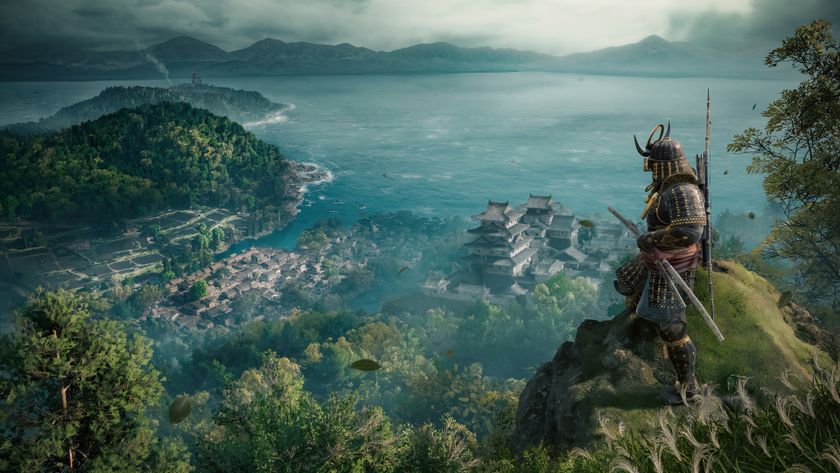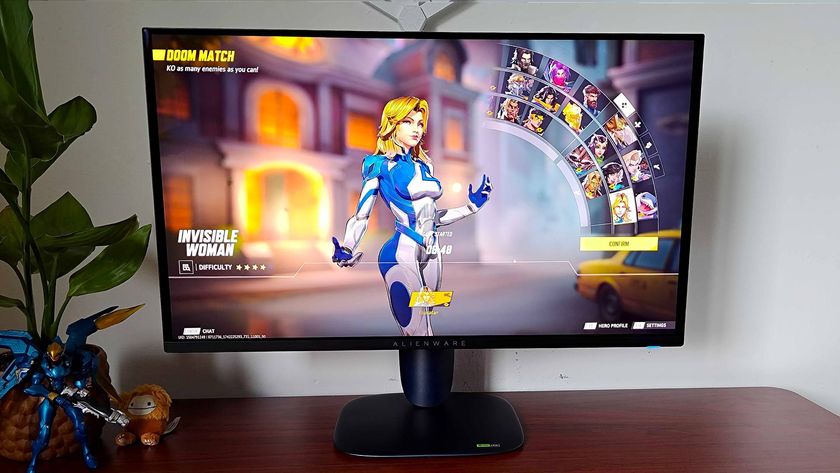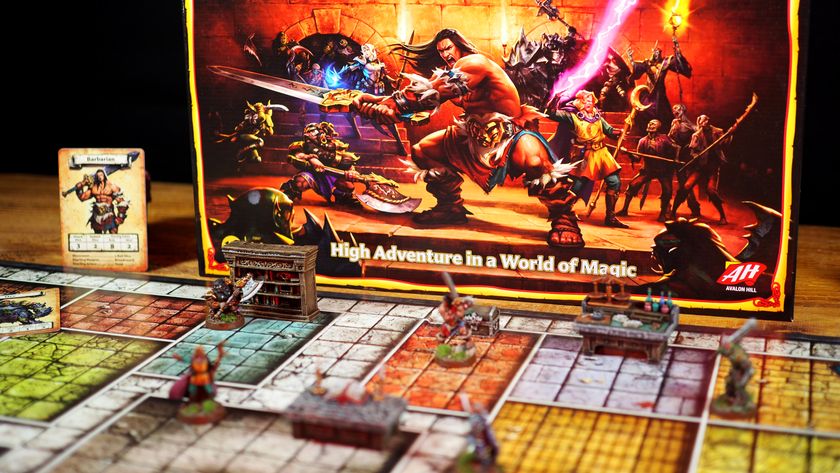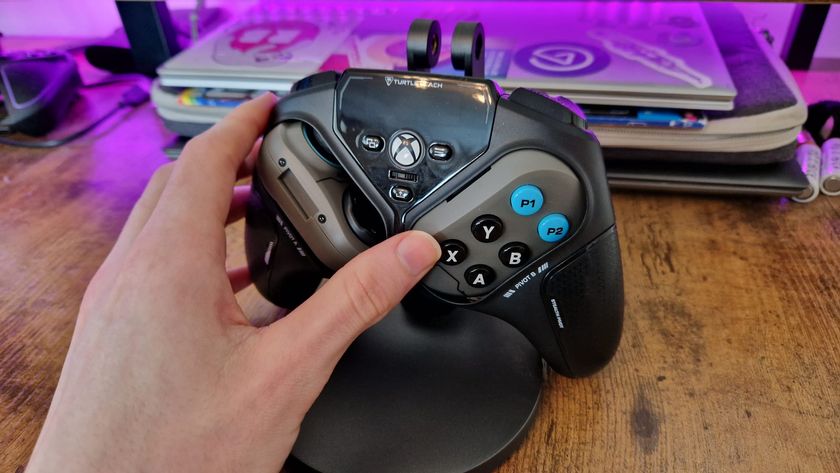GamesRadar+ Verdict
Blood and Wine is a gripping murder mystery set in a picturesque new locale, and a fitting end to the story of Geralt of Rivia.
Pros
- +
Gripping story
- +
Toussaint is beautiful
- +
Mutations add deeper customization options
Cons
- -
The things you don't like about The Witcher are still there
Why you can trust GamesRadar+
For Geralt, this is it; the last grand adventure in The Witcher 3. Blood and Wine is the final expansion to our Game of the Year runner up, and the last bit of Witcher content CD Projekt Red is likely to make as the team moves on to new horizons. Fitting, then, that Blood and Wine serves as a fantastic capstone to an already stellar game thus far, spectacularly combining smaller slice-of-ronin-life narratives with a larger kingdom-spanning murder mystery into a story that's as explosive as it is intimate.
For his final outing, Geralt is summoned by Duchess Anna Henrietta of the southern kingdom of Toussaint, a resplendent land filled with striking colors, sleepy villas surrounding a massive capital city, and lots and lots of wine (seriously, it's everywhere). It's the first time the region has been featured in any of the games, and it's absolutely breathtaking to behold, taking real-world influences from the French and Italian countryside and making them its own with that trademark Witcher flair. What makes Toussaint so interesting, though, is its relative tranquility compared to the Game of Thrones-esque brutality of Skellige or Velen. Things are hard here, sure - you've got your beasts and your bandits, and you've got your haves and your have-nots - but Toussaint is a land of plenty, a land untouched by war. It's honestly a nice change of pace.
But that sense of tranquility is what makes Geralt's quest here so important. He's been called upon to investigate a series of grisly, premeditated murders, the connection between them as mysterious as the manner in which they are performed. The culprit - dubbed The Beast of Beauclair by locals - seems able to enter guarded areas, kill their victims, and disappear without a trace. And so Geralt must put his Witcher senses and investigation skills to the test to suss out the criminal and put them to justice. What Geralt finds… well, I don't want to spoil it, but suffice to say that, like everything else in The Witcher, the answer exists within a broad spectrum of the color gray, and what begins as a procedural crime drama slowly unravels to reveal a conspiracy of the highest order, the likes of which Toussaint has never seen before.
It's a spellbinding tale, a video game version of a page-turner, and one that shows CD Projekt Red's penchant for crafting well-written, human characters and arranging them in meaningful quests that rarely feel like busy-work. It's a slower, longer burn than the Hearts of Stone expansion, but its main quest is bereft of padding, each mission forming the next logical step in an increasingly convoluted investigation. Numerous side quests help fill out Toussaint and give it flavor, allowing you to take part in a medieval tournament, repair an iconic bronze statue's, ahem, endowment, own and repair your own vineyard, and even pose for an oil painting you can hang up in your house. The Witcher 3's always found a way to juggle the deeply emotional with the triumphantly silly, and Blood and Wine continues that trend with confidence and purpose.
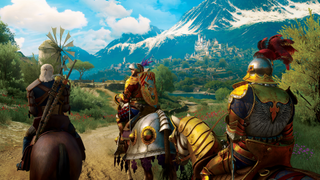
Like Hearts of Stone before it, Blood and Wine is more concerned with adding more of what you love rather than fixing what you don't, and while The Witcher 3 is a different (and in many ways better) game than when it launched, it's still got a lot of the same issues that have been around since the beginning. It's still pretty buggy; Roach continues to be the world's most confused horse, and exiting a conversation with a humble shopkeep put me in a weird alternate universe where all the walls disappeared and the only escape from the room was to reload a previous save (and no, it wasn't part of a story quest, as appropriate as that would be). The combat controls still feel too stiff for what they expect of you, especially as Blood and Wine aims to test your prowess more than ever. None of these issues are completely ruinous (especially since The Witcher 3 keeps several checkpoints and auto-saves as backups), but they persist a year later, so don't expect Blood and Wine to suddenly fix every problem you've ever had with the game.
Luckily, what Blood and Wine does add is incredibly welcome. In addition to the first-rate story and side missions (which will take you around 20 hours to finish if you're laser-focused on barreling through the narrative), as well as the beautiful landscape to explore, Blood and Wine adds mutations to the mix. These mutations allow you to spend ability points and spare mutagens on even more powerful abilities - like one that gives your force push spell a chance to freeze enemies, and will instantly kill anyone it simultaneously knocks down and freezes. Unlocking more mutations likewise adds additional skill slots to use, giving you more opportunity to customize and strengthen Geralt. Like the Runecrafting from Hearts of Stone, it's not a real game changer, but it's a similarly effective way at adding just a little bit more depth - and it'll be even more helpful for you on New Game+ runs, where the level cap has been raised to 100. Of course, there are more powerful armor sets, weapons, and another set of Gwent cards to find (which has immediately sold a large portion of you out there, I'm sure).
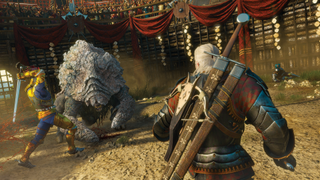
Blood and Wine isn't really concerned with reinvention, though. Like its wandering hero, The Witcher 3 may be set in its ways, but it's really good at what it does - in The Witcher's case, that means providing a captivating world to explore, well-thought-out and morally ambiguous scenarios to quest through, and countless beasts to slay. It may be Geralt of Rivia's last video game outing, but this final expansion is a hell of a way to go.
This game was reviewed on PC.
More info
| Genre | Role Playing |
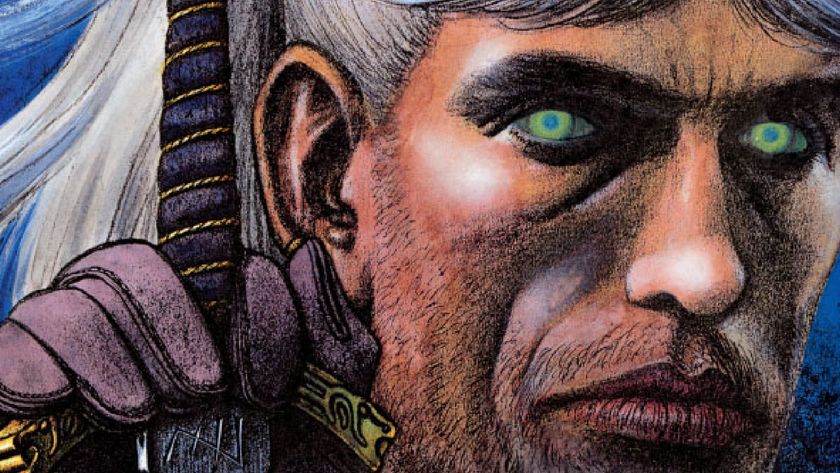
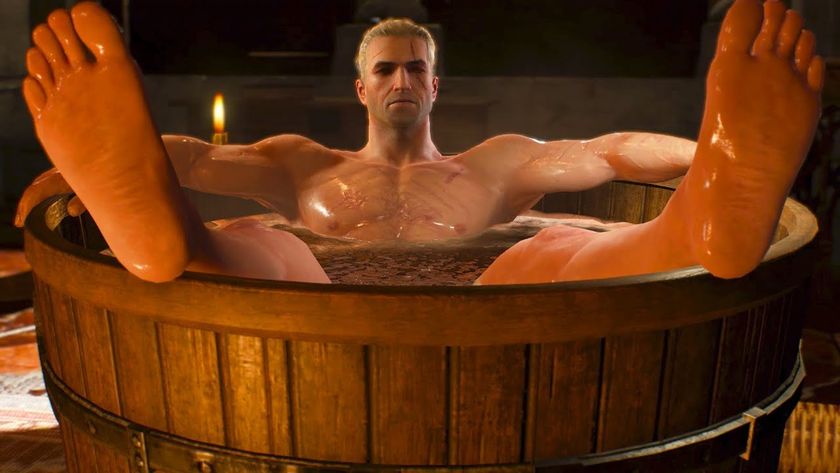
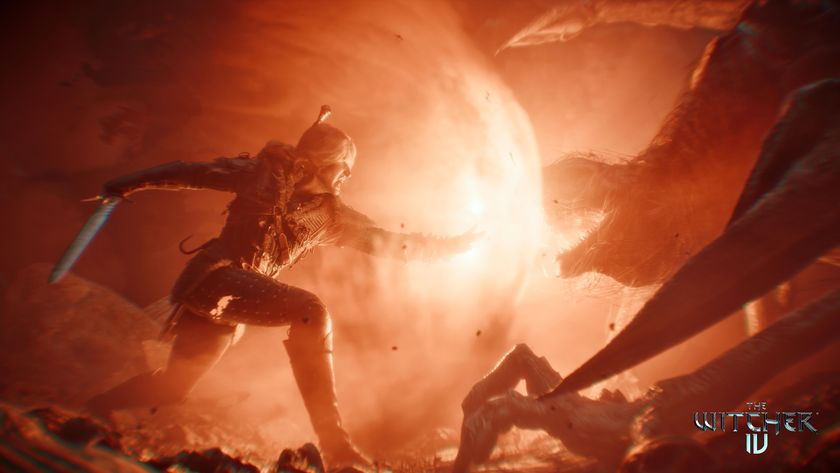
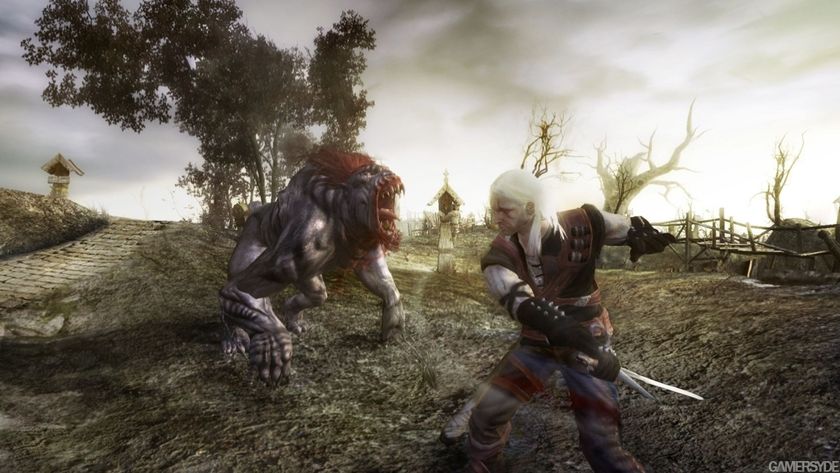
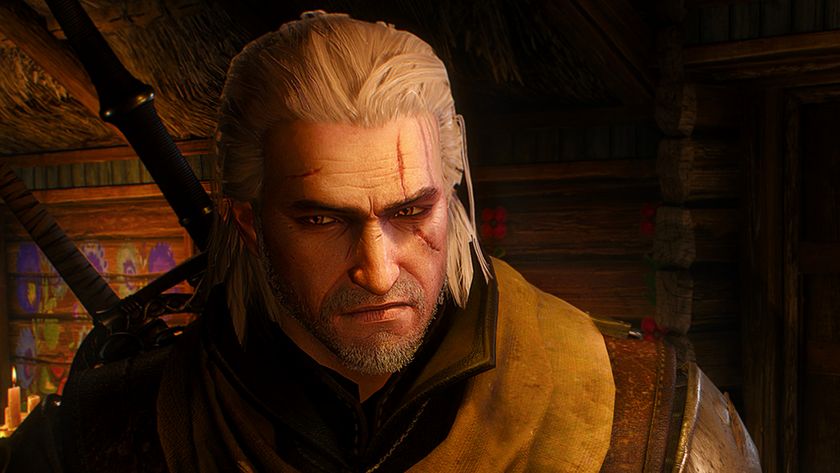
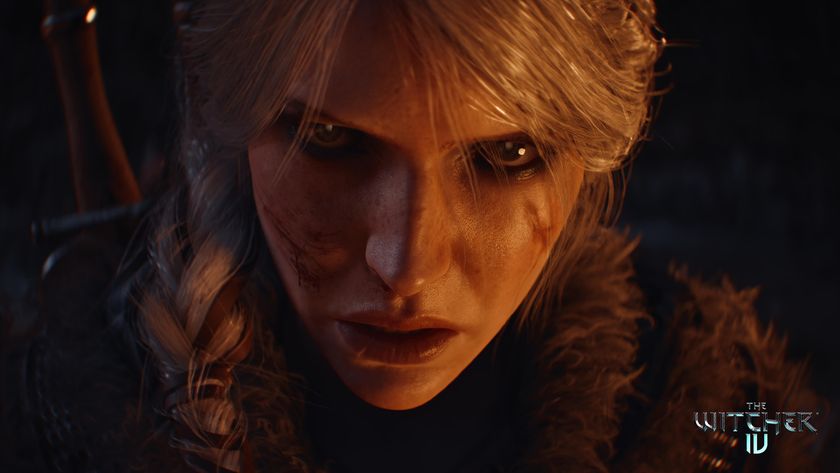



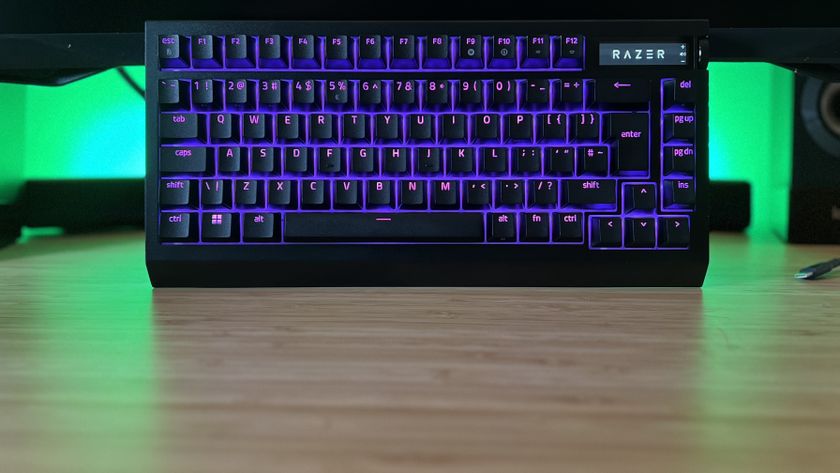

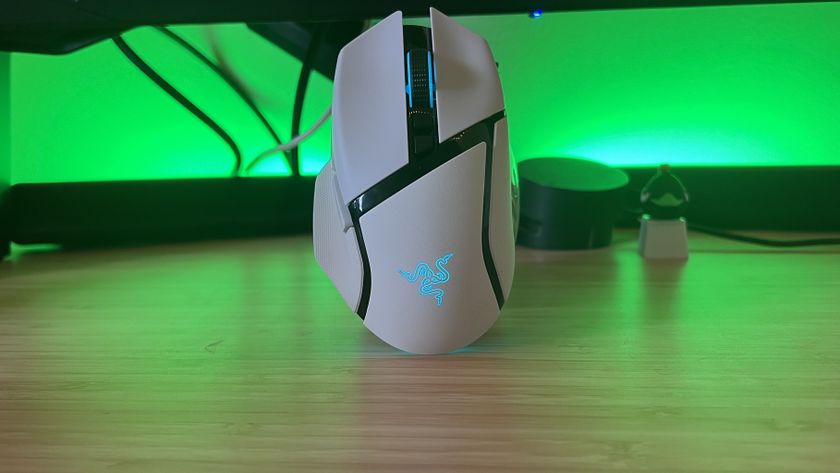
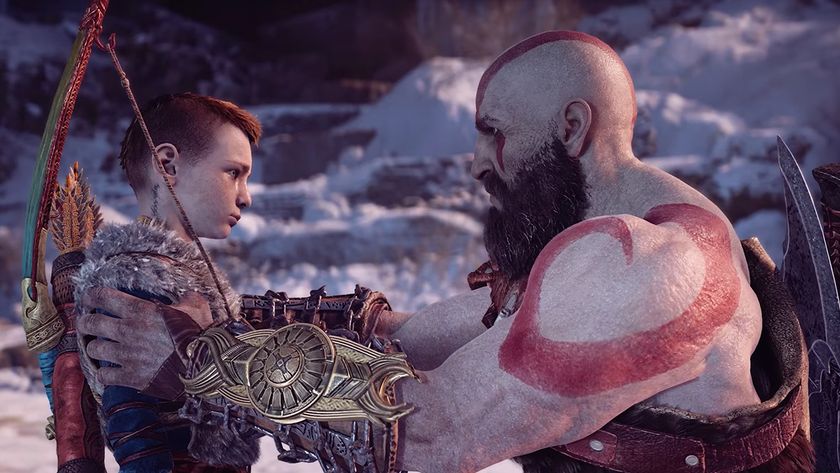
The 20th Anniversary of the original God of War has me reflecting back on what the incredible reboot achieved 7 years ago
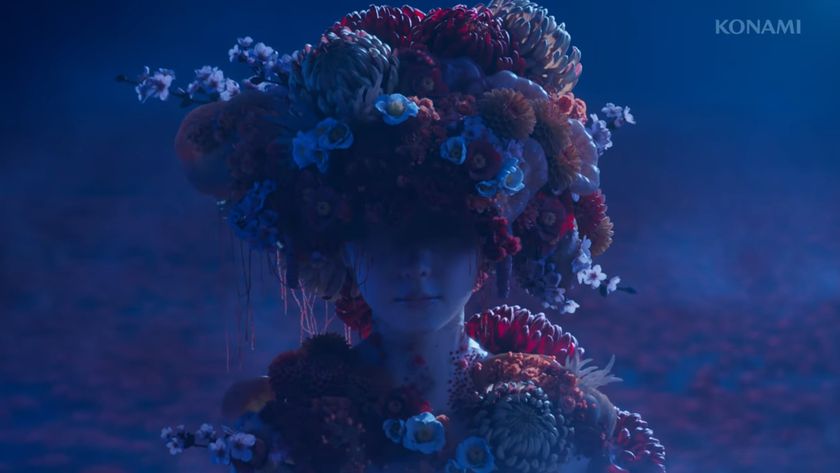
Silent Hill f has been pre-emptively banned in Australia, with no reason given for the 'refused classification' rating
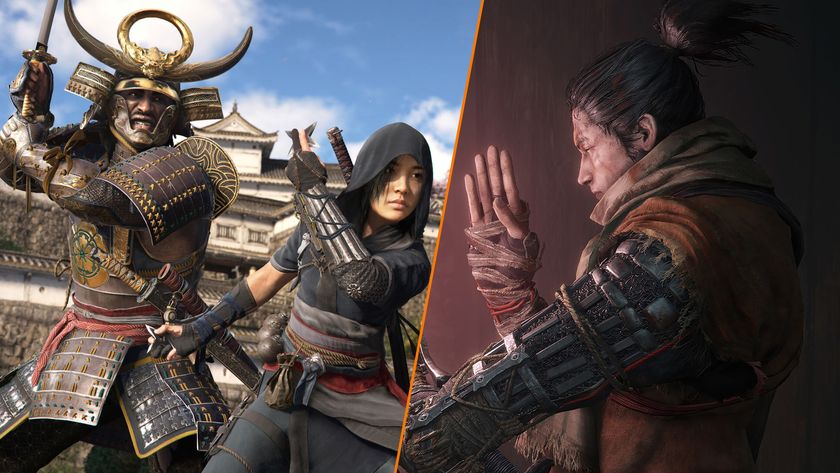
Assassin's Creed Shadows' generous parrying is a nightmare – and before anyone can say "skill issue," I''m blaming Sekiro and Lies of P

